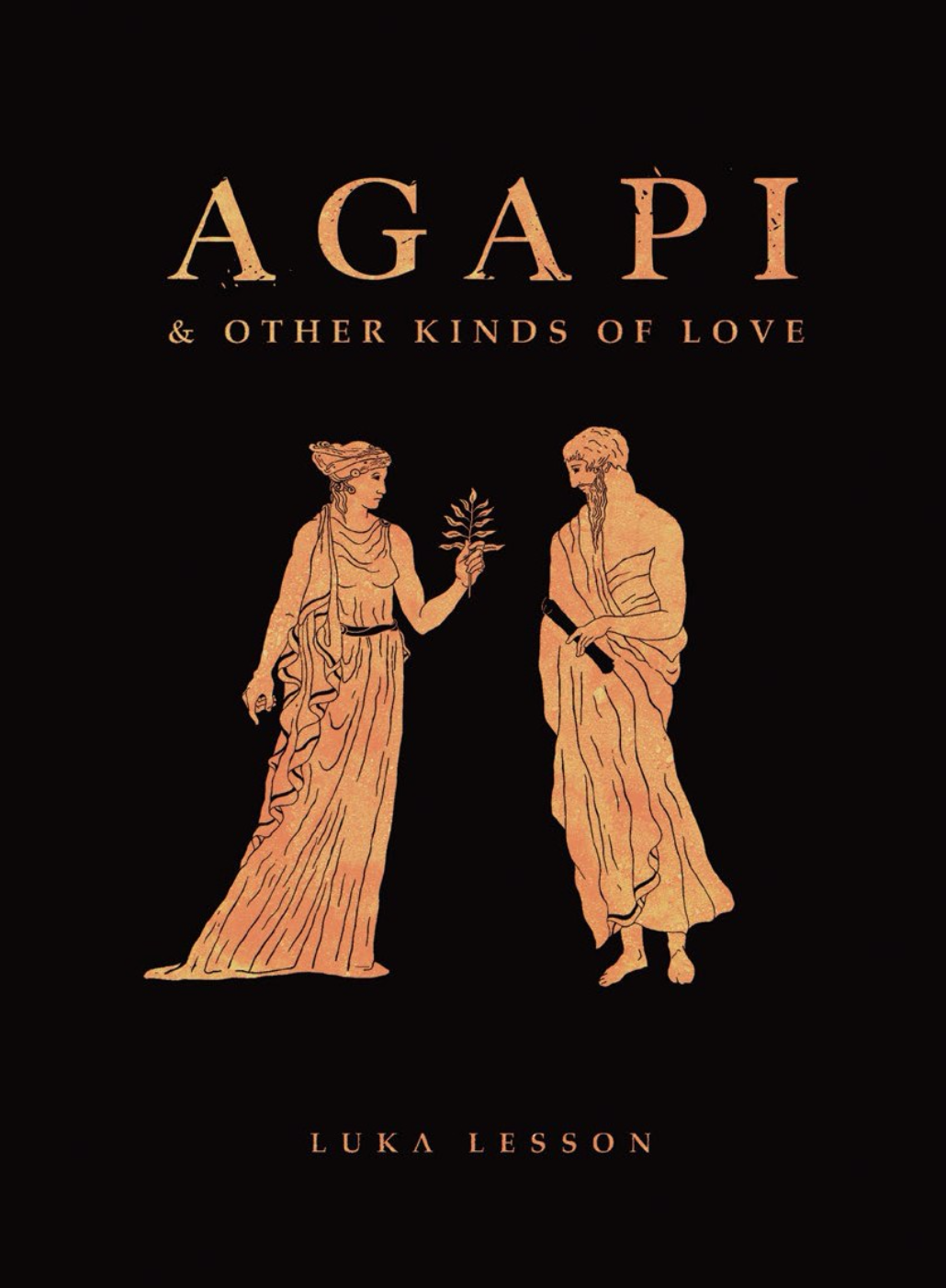
Agapi & Other Kinds of Love
Agapi & Other Kinds of Love is a poetic Hip-hop theatre project inspired by the 7 Ancient Greek words for love.
Written and performed by poet & rapper, Luka Lesson, the show is equal parts rap concert, poetic musical & classical history lesson.
Combining lyricism, lighting, projections and music Agapi & Other Kinds of Love shows us how love prevails despite trials and tribulations of the ages.
Luka's reputation as one of Australia's best storytellers shines as he then takes us on a journey through the kinds of love: Eros, Filia, Filoxenia, Philautia, Storgi, Pragma and the ultimate: Agapi.
Self-love, erotic love, familial love and more all collide with statues of Aphrodite, Molotov cocktails and the Parthenon's steps.
What’s the Story?
In Ancient Greece, Socrates is telling a banquet of friends about a mysterious woman named: Diotima, who taught him everything he knows about love.
In modern Greece, Pavlos and Sophia have fallen in love at first sight in the midst of a riot on the streets of Athens, amid a terrifying political and economic upheaval.
In the small village of Mantinaea, Diotima prays at her altar before strapping on her sandals and walking on foot to the ancient city of Athens to see her once lover, Socrates, one last time.
The primordial gods: Chaos & Cosmos, watch over the two sets of lovers as they dance with destiny - until eventually, the time collapses, and the Gods intervene.
-

"Luka is a genuine artist of high quality whose poetry is powerful and poignant. I salute his prophetic witness!"
DR CORNEL WEST
U.S. PRESIDENTIAL CANDIDATE -

"Luka Lesson is one of those people who changes the weather; who by his very presence makes the landscape seem more possible, more holy, more liveable. More true of heart."
DOMINIQUE CHRISTINA
AWARD WINNING POET -

"Luka never fails to delight in this vibrant and beautiful dive into love"
OMAR SAR
AWARD WINNING POET -

"A voice and presence capable of casting and holding a spell"
JOHN SHAND
PLAYWRIGHT & THEATRE CRITIC
Supported by







